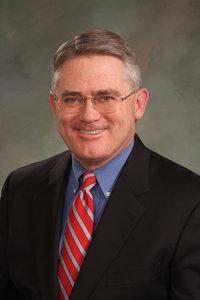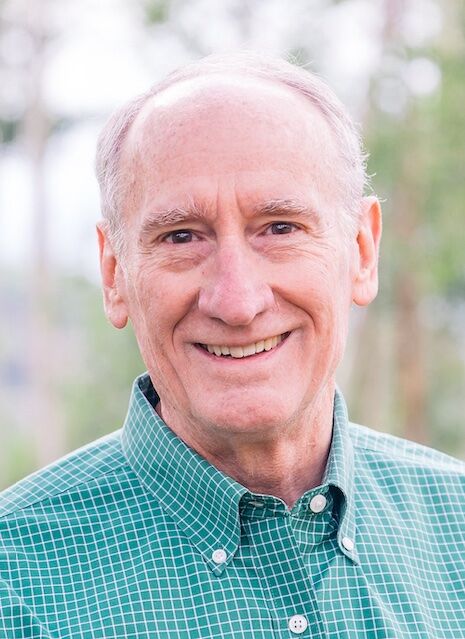Options were few in challenging emergency powers


In November 1988, Colorado voters approved an amendment to our state constitution in order to limit the growth of state government by limiting our state legislators to no more than 120 days (four months) of general session lawmaking power each year.
Upon closer inspection, that constitutional amendment actually defined our state legislature as a part-time citizen legislature. As a result, during the annual, eight-month interim, our 100 state legislators are citizens just like everybody else; they have no power.
During the 2020 general session, which ended June 15, Republican legislators introduced two pieces of legislation that sought to address constituent concerns relative to the current declared statewide disaster emergency.
First, Sen. Rob Woodward, R-Loveland, introduced Senate Joint Resolution 20-022, which proposed to end the current disaster emergency by a vote of the General Assembly. That is the one option, the one check, that our state legislature has to bring balance back to our state government during such a statewide declared disaster emergency. Note that the General Assembly has that option only when it is convened, according to our state constitution.
Second, Sen. Paul Lundeen, R-Monument, introduced Senate Concurrent Resolution 20-002, which proposed to refer a constitutional amendment to Colorado voters this November. Sen. Lundeen’s interest was to allow the voters to decide whether our state constitution should require the governor to get authorization, agreement, buy-in from the General Assembly in order to extend a statewide declared disaster emergency beyond 30 days.
The state legislature as a whole didn’t have an opportunity to vote on either of those resolutions because Senate majority leadership, Democrats, assigned both measures to the five-member Senate Committee on State, Veteran & Military Affairs, where both measures died on 3-2 party-line votes.
It is disappointing that the people of Colorado won’t have the opportunity to vote on Sen. Lundeen’s proposed constitutional amendment and to decide for themselves whether there should be some added measure of balance involved in our statewide disaster emergency process. The people, voters, won’t have that opportunity because majority-party politicians, Democrats, decided to withhold that decision from you.
Given the duration of the overall declared disaster emergency and more recent statewide orders, concerned citizens have understandably continued to advocate to their state legislators that their voice to be heard, for some level of balance to be represented within our state government, even for legal action to be taken. Some have demanded that the legislature act, and to do so immediately.
Thus, some well-intended people have demanded that our part-time, citizen legislators use power that they don’t currently have – because the people of Colorado took it away in 1988.
Short of the governor calling a special session, or at least two-thirds of the members of both the state House and Senate agreeing to call a special session, the state legislature cannot and will not convene again until 10 a.m., Wednesday, Jan. 13, 2021.
Does that mean that nothing can currently be done? No, it does not.
What it means is that if you are a citizen of Colorado and you believe that legal action is merited in regards to the ongoing declared disaster emergency, then you should consult with an attorney. Together, you might consider how our state constitution and state statutes delegate authority to our governor relative to declared disaster emergencies. To assist you in that effort, you might want to review a legal memo prepared last March by the Office of Legislative Legal Services regarding the governor’s constitutional and statutory emergency powers.
In closing, please be assured that it is an honor and privilege to serve in the Colorado General Assembly. It can sometimes be awkward for our part-time, citizen legislators when constituents assume that one, some, or all of us have greater power of office than we actually do. It works this way here in Colorado because that’s how the people of Colorado wanted it to work.
Chris Holbert, R-Parker, is minority leader of the Colorado Senate.










